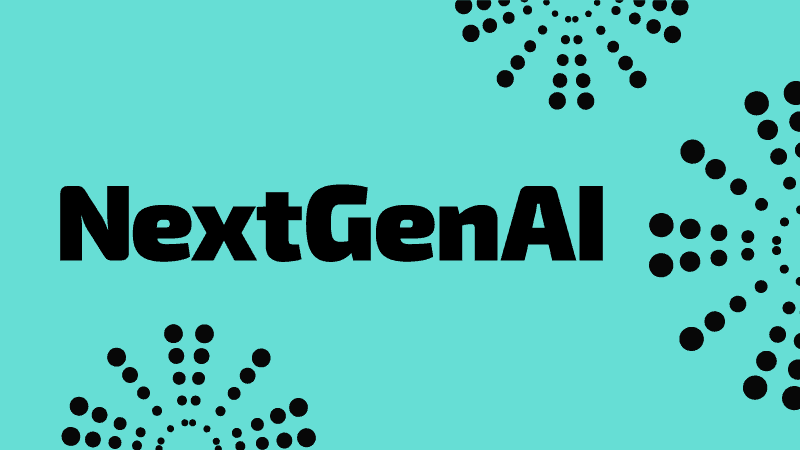
AI giants such as OpenAI, Google, Anthropic, and others are struggling to build more advanced AI as their current methods reach their limitations, Bloomberg and Reuters reported this week. Companies have been facing delays, challenges an disappointing outcomes in their AI arms race of building advanced LLMs that outperform existing ones, like Chat GPT-4.
Partially caused by sky-high training costs for LLMs, as well as hardware-induced failures and power shortages due to complicated systems and the sheer amount of energy needed to power AI. On top of that, companies are facing the new challenge that AI models have exhausted all readily-available (and accessible) data.
To overcome these challenges, researchers are exploring new concepts, such as ‘test-time compute’, designed to strengthen the capabilities of AI in their ‘inference’ phase. In simple terms, this means that existing AI models are being trained to take more time and power processing complex requests in order to provide more powerful output.
Noam Brown, researcher at OpenAI, explained it in practical terms at a TED AI event: “It turned out that having a bot think for just 20 seconds in a hand of poker got the same boosting performance as scaling up the model by 100,000x and training it for 100,000 times longer,” said Noam Brown, a researcher at OpenAI who worked on o1, at TED AI conference in San Francisco last month.
As AI is still in its infancy in many organisations, the reality is that many organisations will face challenges and delays as we discover the true potential of AI in financial services. Overcoming these challenges and deploying in the best way possible are just some of the themes discussed at Finextra’s inaugural NextGen: AI event, taking place in London on 26 November.
